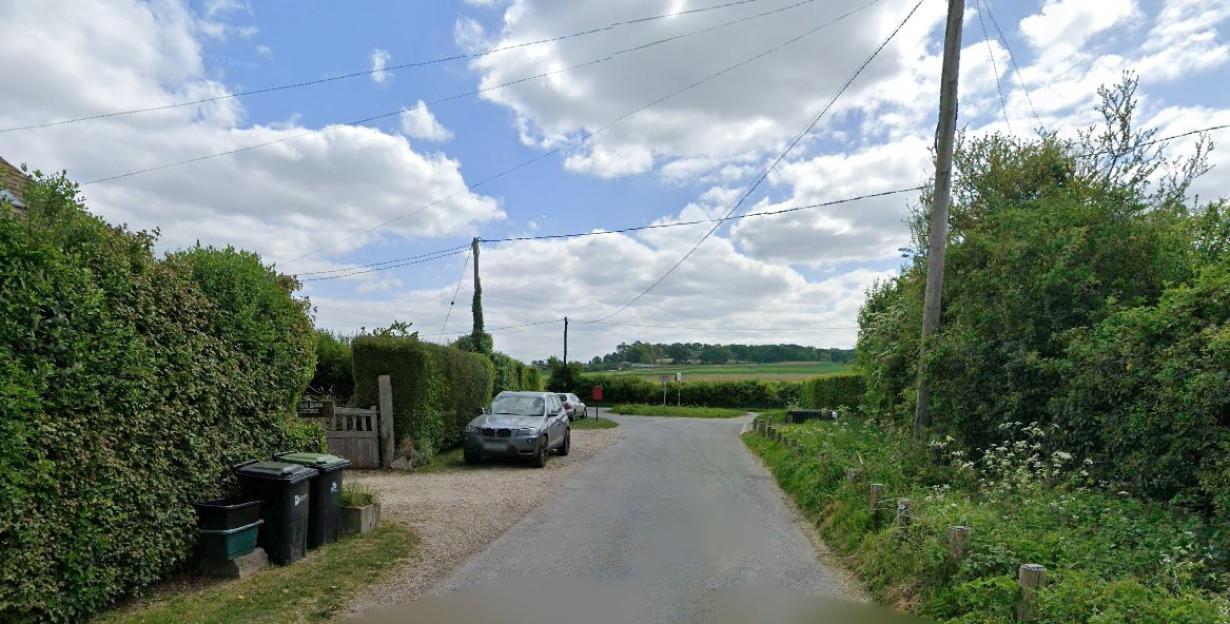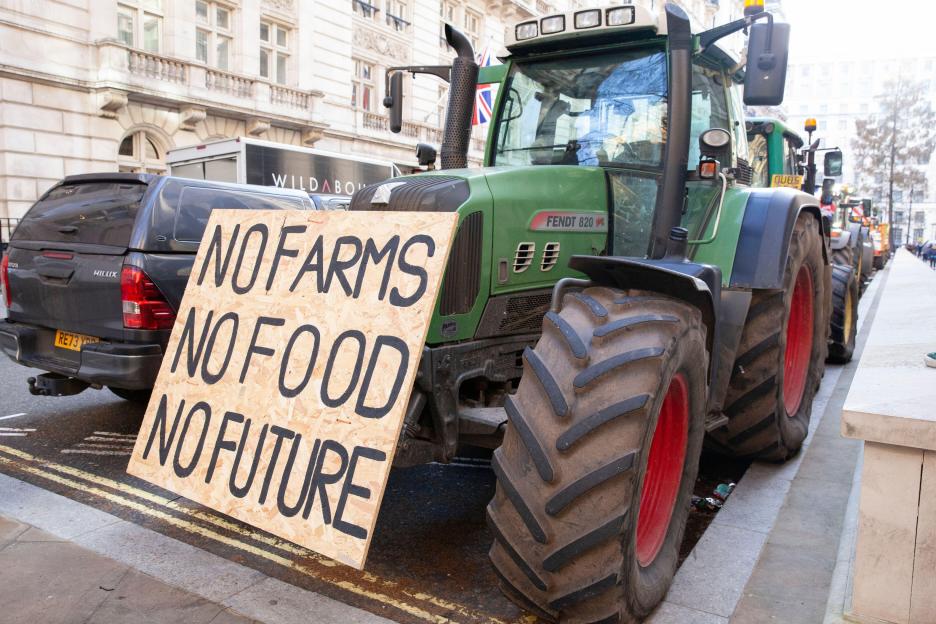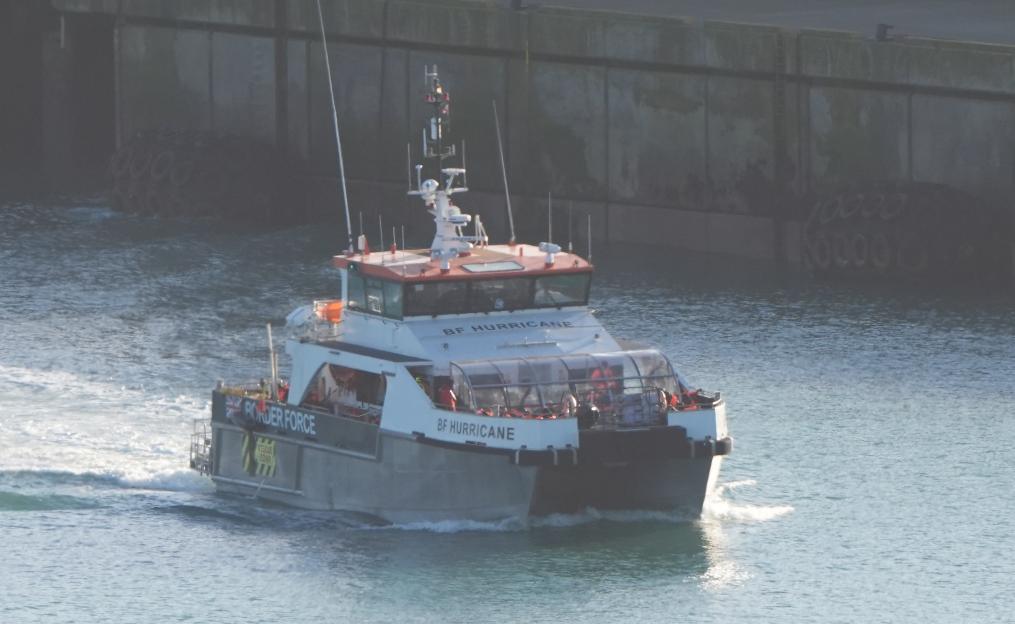The Vancouver Park Board says more than 180 people have moved out of the encampment at Strathcona Park and into safe and secure accommodation.
An order from the park board's general manager issued April 9 stated all tents, shelters and other structures had to be removed from the East Vancouver park by 10 a.m. Friday.
The park board said BC Housing and the City of Vancouver moved 184 people into accommodation.
“A small number of tents and temporary shelters remain in the park, and we are continuing to work with the remaining people on other options,” the park board said in a statement.
Read more: ‘More than enough’ spaces to house Strathcona Park homeless by deadline, Eby says
On Thursday, B.C. Attorney General David Eby told Global News that there were “more than enough” spaces to get people in the encampment indoors.
The spaces on offer are a mixture of “high-quality, self-contained units”; in hotels the province has purchased and shelters that Eby pledged would be “good, dignified spaces.”;
Eby described the units as temporary transitional housing.
The province has an agreement with the city to ensure new camps don’t emerge elsewhere, as they have in places like Oppenheimer Park , Eby said.
“The province commits, for our part, to make available spaces to respond when people set up tents and parks so that when park board officials or city officials show up and say, ‘Sorry, you can’t stay here,’ that there are meaningful opportunities for people to come inside,”; he said.
Read more: All tents, shelters, structures must be removed from Strathcona Park by end of April
The Pivot Legal Society issued a report card that gave the decampment process a “D” grade based on criteria established by the National Protocol for Homeless Encampments in Canada.
The poor grade was the result of campers not being regarded as rights holders, a failure to respect the distinct rights of Indigenous people, the threat of forced eviction from the camp and the failure to provide affordable, long-term housing to residents.
â With files from Simon Little




